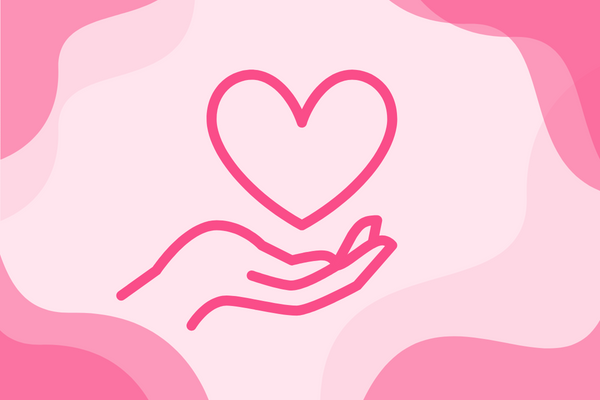It’s not something anyone ever wants to hear… a cancer diagnosis. It changes your life – your world perspective, your day-to-day routine, your future plans, your relationships, your work– everything! Common feelings during this experience can include anxiety, distress, and depression. It is critical to recognize this cancer diagnosis as a stressor, as this awareness can empower you to progress in your treatment with a sense of hope.

Addressing Emotional Well-being After the Diagnosis
Actions You Can Take:
Breast Cancer Now, a research and care organization in England, has put together a list of encouraging actions one can take after a cancer diagnosis, during or after treatment, and throughout life. While written specifically for breast cancer patients, we find the content is relevant for anyone dealing with the diagnosis (i.e. affected family members, friends, co-workers, etc.). See a quick snippet of their recommendations and encouragement below (click the link above for additional information):
1. Dealing with your emotions… “There’s no right or wrong way to feel after a diagnosis of breast cancer.”
2. If you’re feeling overwhelmed… A sense of overwhelm is real, but know you are not alone. Many patients, as well as those in their circle of support, feel less stressed once a treatment plan is put into motion. Talk with your doctors about any questions or any areas that specifically make you feel alone..
3. Look after your mental health… Some may experience anxiety for the first time after a cancer diagnosis, while others who have experienced anxiety in the past may find it worse than ever before. Conversations with your health care team bring to light what is within your control and what is within their control, allowing you to ground yourself a bit better. Don’t hesitate to speak with a therapist, whether you are the patient or part of their close circle. Mental health challenges are not exclusive!
4. Talking with family, friends, and children… Conversations with those around you allow you to bring them into your journey. You are not meant to cope alone – this is relevant for all those impacted by the diagnosis and can provide connection amongst your group.
5. Dealing with isolation… “You may feel lonely even when you’re surrounded by family and friends. If they haven’t experienced cancer themselves, you might feel like they don’t understand what you’re going through.” Connecting with those who understand the emotional and physical toll cancer is can be reassuring and reaffirming. Ask your health care team if they have a support group they can link you to, or there are plenty of online resources as well!
6. Coping with life after treatment… Many find it difficult to adjust to life after treatment, regardless of the length of treatment, prognosis, etc. Continuing to work with a therapist, support group, or wellness coach allows you to see your diagnosis and treatment as a part of your journey and help you take the next steps!
7. Find out how others have coped… Hearing/reading about “next step” ideas from others is empowering. While life will never be the same after a breast cancer diagnosis and treatment – perspectives change after life experiences such as cancer – life can be even more fulfilling, more exciting, more restful. Be inspired, then become your own inspiration! More on this next week!
Breast cancer- just the very words- can cause a chill to run down people’s spine as many of us know someone who has been affected by a diagnosis. The diagnosis presents the patient with a new life challenge, just as those of us in their support circle are then given a new opportunity to be present, kind, and caring towards your loved one’s dynamic journey. It’s important to understand that what they might need from you will change– monthly, weekly, or maybe daily! As their health plan, health needs, prognosis, and other factors fluctuate, it is your job to adapt, remain calm and encouraging, and fill whatever role it is they need from you. And just as importantly, prioritize your health! Like Breast Cancer Now states above, it is crucial that you address your emotional well-being, talk with a therapist, and find ways to manage stress in order to stay healthy.
